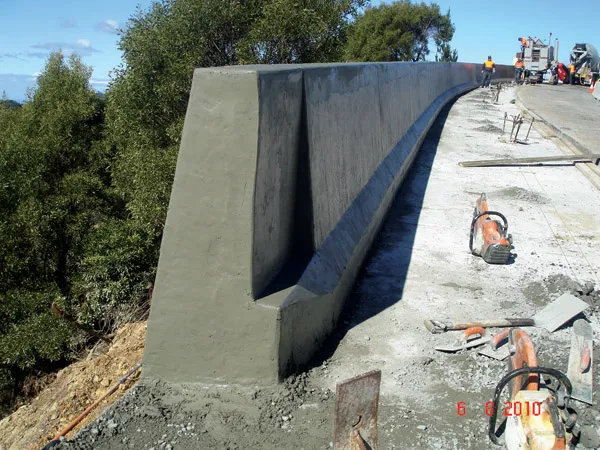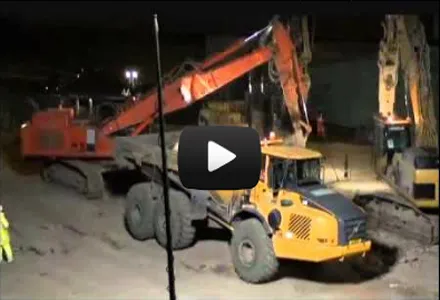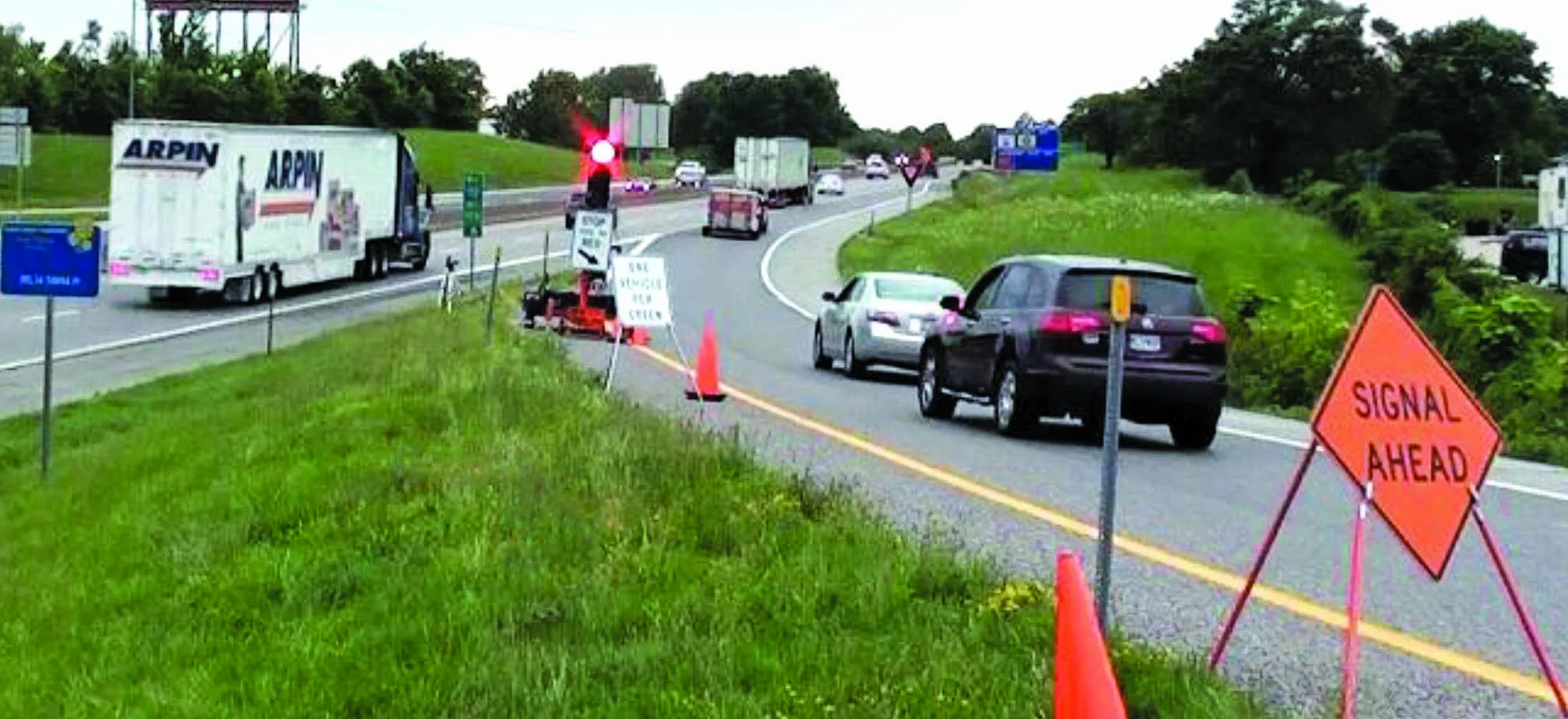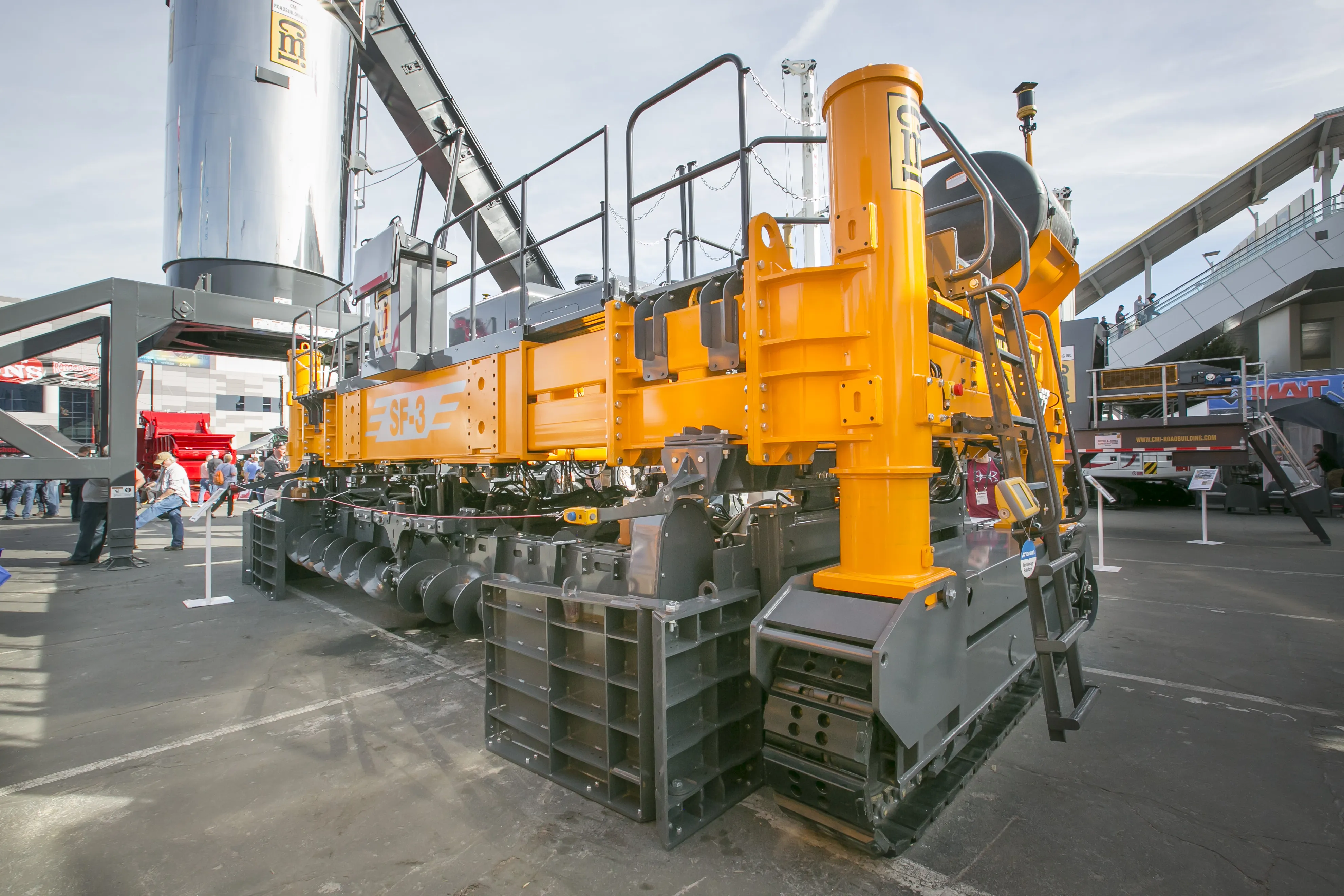The 5700C-Max unit from Power Curbers has now been used on a tricky shoulder widening job in New South Wales, Australia. The machine carried out the job close to Robertson in the Southern Highlands, about 1.5 hours drive to the south of Sydney. The job required the construction of a 200m long section of barrier, built to the requirements of the Roads and Traffic Authority (RTA). The contractor hand-formed the concrete shoulder as it was about 3m wide at the start and narrowed down to 1m at the end.
February 15, 2012
Read time: 2 mins

The 5700C-Max unit from









